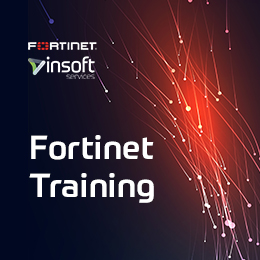Zero Trust Network Access Feature Available with Fortigate OS Upgrade: The New VPN
The COVID19 Pandemic was the driving force for organizations to shift to remote work setup just to keep operations running. With it, corporate applications and desktops were deployed to the cloud accessed by remote employees through their unmanaged devices and networks through traditional VPN. While it did help keep operations running, it opened a plethora of security risks.

Organizations have traditionally relied on virtual private networks or VPNs to provide secure remote access to remote workforces. But, are VPNs really enough to meet today’s demands and secure enough to protect our resources from ever evolving cybersecurity threats? VPN’s approach to security is that an authorized remote user can connect to the network with full access and a compromised account makes matters worse. Today’s trend dictates that traditional VPNs aren’t the most effective way of securing remote access.
The New VPN
With today’s increasing scalability demands comes advanced cybersecurity threats, that is why most organizations are moving into cloud-based security solutions such as zero trust network access (ZTNA). With ZTNA, organizations are ensured that network policies are also applied to remote users and devices accessing their network. Unlike VPNs, ZTNA is auto-scale which means it scales automatically based on the number of users to ensure uncompromised performance whereas VPNs are a nightmare to organizations as it relies on dedicated hardware which means additional cost and also time-consuming during deployment.

ZTNA to Fortinet Security Fabric
ZTNA is available for Fortinet Customers. With the latest FortiOS update, Fortinet can now apply ZTNA to remote users, offices, and devices through their FortiGate Next-Generation Firewall (NGFW). All that’s needed to enable secure access and better experience for remote users is a FortiGate and a FortiClient ZTNA agent.
With the latest FortiOS update, ZTNA gains operations efficiencies and a support for SaaS application control. It gives confidence to administrators that the same policy is being deployed and enforced everywhere, whether on or off the network and whether the application is within the data center or from a cloud.
What is unique with Fortinet’s ZTNA is that it is built into the FortiOS and does not require a Saas solution. A good thing for existing Fortinet customers. Unlike VPN, ZTNA is easy for end users and easy to deploy and manage while still has the security you expect from a Fortinet solution since it’s directly built into the firewall infrastructure.
More Blogs for you:

 Finland
Finland Germany
Germany Denmark
Denmark Sweden
Sweden Italy
Italy Netherlands
Netherlands Norway
Norway 































No Comments